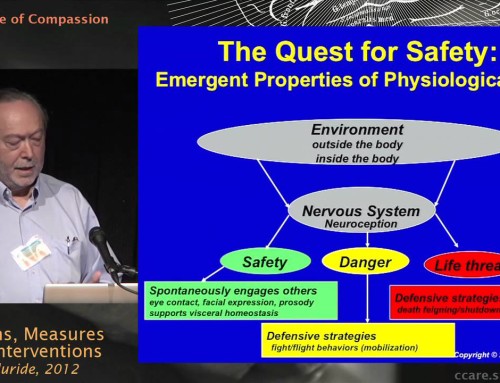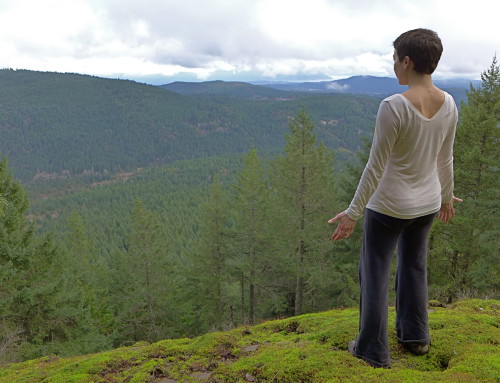I think of transpersonal psychology as a response to what is missing in Western psychology: an acknowledgement of the sacred, the spiritual, the mystery, the unknown, and the unknowable.
Transpersonal psychology does not limit itself to these areas, but rather attempts to study and understand the entire range of human experience, from the pathological, to the ordinary, to the mystical. This perspective also considers the individual in multiple contexts; for example, in relation to self, to others, to community, to the planet, and to the cosmos.
I appreciate that the transpersonal model includes scientific thought as one among many ways of knowing. Inherent in its emphasis on multiple ways of knowing is that there can be no single definition of transpersonal psychology.
If Western psychology studies human behaviour through the lens of rational thought, I would define transpersonal psychology as the study of human nature as seen through the lens of unconditional love. There is an effort to look lovingly at human experience and to nurture the good in each of us for the well-being of the individual and the whole of creation.
I am drawn to this field because I sense its sincerity and optimism: there is a trust that human development is naturally aimed toward such transpersonal values as unity, compassion, and service. There is space in this field to celebrate life and love, and an interest in healing the individual, the society, and our planet.
My studies in transpersonal psychology have been both experiential and theoretical, and have supported my own movement toward wholeness and inspired and prepared me to contribute to the healing of others and my community.






